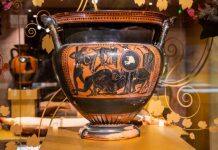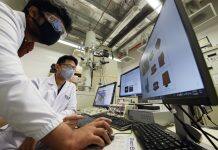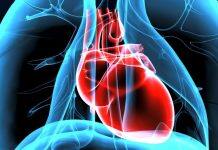First-of-its-kind Autonomous Vehicle Development facility to open in March 2021
HORIBA MIRA and Coventry University are working together to implement a first-of-its-kind Autonomous Vehicle Development Centre known as ASSURED CAV.
Griffith University central in world leading water security index
Griffith University researchers were central in developing the Asian Development Bank’s world leading water security index, the Asian Water Development Outlook (AWDO) 2020, released the past week.
Cutbacks to Classics a Retrograde Step
Following the Ministry of Education's recent decision to remove Classics from NCEA Level 1, UC Associate Professor Patrick O'Sullivan discusses why this change will take away an opportunity...
Delegation of the British ambassador to China visits WHU
On December 15th, the award ceremony of the 11th “Good Supervisors in My Mind” was held in the Humanities Hall of WHU.
“Turning cultural objects into digital installations intrigues me”
Alexander Rusnak is a second-year student in the Master of Science in Digital Humanities program, offered by the Digital Humanities Institute in EPFL’s College of Humanities.
Robots and technology to change retail as we know it
Dr Sanjit K. Roy, UWA Business School and Dr Gaganpreet Singh, Jindal Global University, look at a retail revolution that is under way, where robots are playing an increasingly important role.
Microscopes and computers join forces to unravel biological mysteries
Researchers at the NUS Centre for BioImaging Sciences (CBIS) have developed a new method to observe materials of low atomic weight, such as biological molecules...
Regenerative heart valves and blood vessels a step closer
A number of years of careful laboratory tests have now led to the first pre-clinical tests of implantable biodegradable heart valves and stents.
Fighting food insecurity during a global pandemic
As the COVID-19 pandemic cripples food systems worldwide, governments must evolve and cooperate to heal the crisis, Johns Hopkins Professor Jessica Fanzo argues in a recent Nature op-ed.
New University of Alberta observatory gives a clear window into the wonders of the...
A new University of Alberta observatory opening at Miquelon Lake Provincial Park will give area stargazers a cutting-edge way to enjoy the splendour of the night skies.


















































